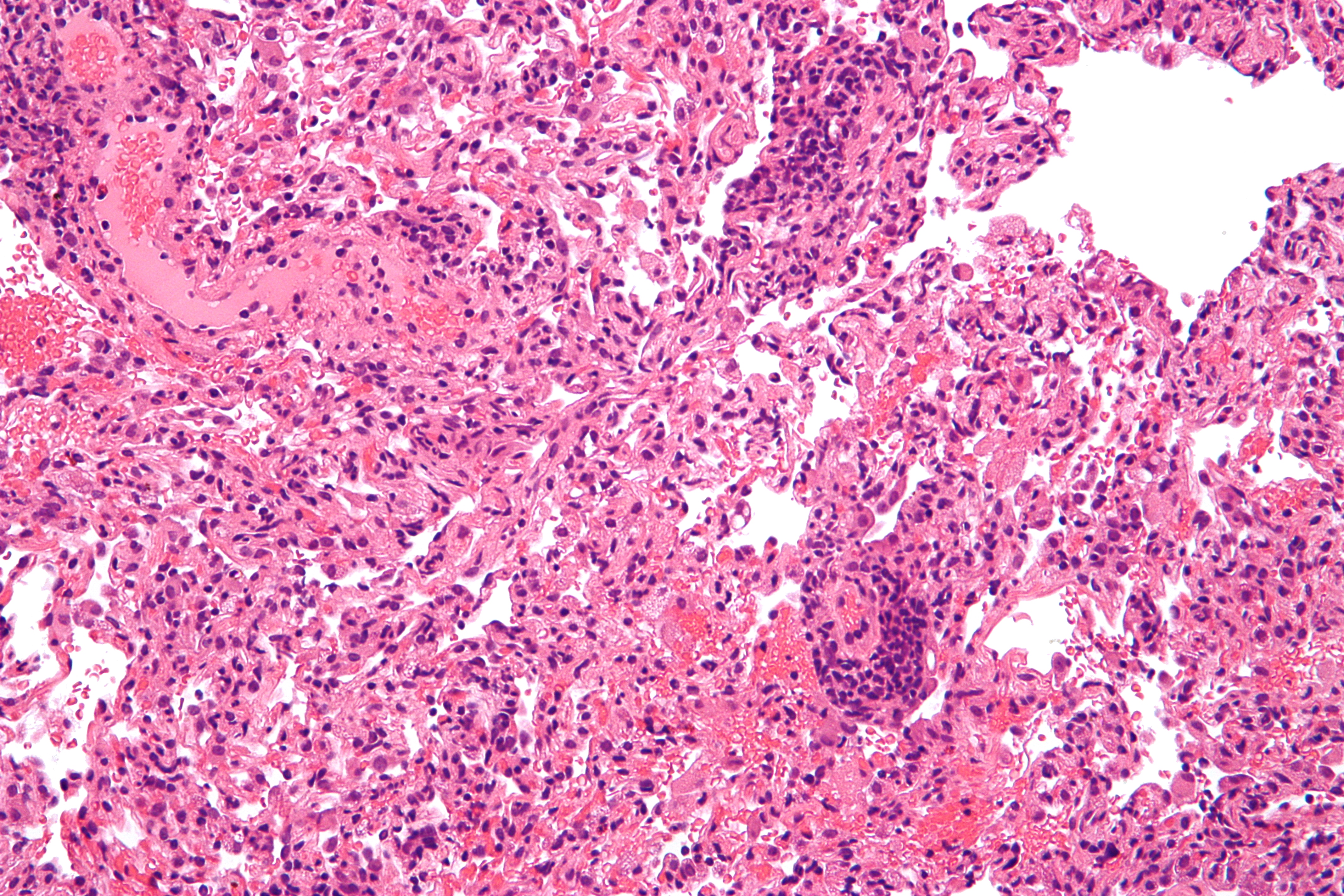| drug name | Direct Cell Transplantation (General) |
| classification | Cellular therapy, regenerative medicine (This is a broad classification as 'direct cell transplantation' isn't a specific drug) |
| pharmacokinetics | Pharmacokinetics for direct cell transplantation is highly variable and dependent on the specific cell type (e.g., stem cells, immune cells, etc.), the transplantation method (e.g., intravenous injection, direct tissue implantation), and the recipient's individual physiology. No single, well-defined pharmacokinetic profile exists. |
| suggested dosage | There is no standard dosage. This is highly dependent on the specific condition being treated, the cell type, and the recipient's individual needs. Dosage and administration regimens are determined on a case-by-case basis by a qualified medical professional. |
| indications | Direct cell transplantation has potential applications in various conditions where cell replacement or regeneration is desired, including, but not limited to:
* Neurological disorders (e.g., Parkinson's disease, spinal cord injury)
* Cardiovascular diseases (e.g., heart failure)
* Diabetes
* Musculoskeletal disorders (e.g., osteoarthritis, cartilage repair)
* Liver diseases
* Certain types of cancer
The specific indications are heavily dependent on the specific cell type being used. |
| safety in pregnancy | Limited data on direct cell transplantation during pregnancy. Potential risks and benefits must be carefully evaluated on an individual basis, including both known and potential risks to mother and fetus. This is contraindicated unless absolutely necessary. Consult with a specialist. |
| safety in breastfeeding | Limited data on direct cell transplantation while breastfeeding. Potential risks and benefits must be carefully evaluated by the treating physician. This is contraindicated unless absolutely necessary. Consult with a specialist. |
| side effects | Possible side effects include, but are not limited to:
* Rejection of transplanted cells
* Immune reactions
* Inflammation at the transplant site
* Tumor formation (in some cases, especially if non-autologous cells are used)
* Infections
* Blood clots
* Organ damage
* Other side effects specific to the cell type being used and the condition being treated |
| alternatives | Alternatives to direct cell transplantation depend on the specific condition being treated. They can include:
* Medications (e.g., for neurological conditions)
* Surgical interventions
* Other cellular therapies (e.g., gene therapy)
* Supportive care |
| contraindications | Direct cell transplantation may be contraindicated in:
* Patients with active infections
* Patients with uncontrolled medical conditions
* Patients with a history of severe allergic reactions
* Patients with a compromised immune system
* Certain psychological conditions that may increase the risk of complications or limit compliance with treatment. |
| interactions | Interactions with other medications may occur, and the details depend on the specific cells used and the concomitant medications. It is crucial to carefully consider possible drug interactions with the treating physician. |
| warnings and precautions | Direct cell transplantation is a complex procedure with potential risks. Careful patient selection, proper preparation, and ongoing monitoring are essential. Potential risks and benefits must be discussed thoroughly with the patient. |
| additional informations | Direct cell transplantation is a rapidly evolving field. New research continually reveals information on specific cell types, better methods, and ways to predict patient outcomes. Consult with a specialist and verify the latest information before undergoing any direct cell transplant treatment. The specific type of cell being used in the procedure significantly impacts the results, the treatment plan, and the potential complications. The age, weight, and general health condition of the patient are important factors in determining the appropriateness of the treatment and in planning for the best outcome. |
| patient data | |
